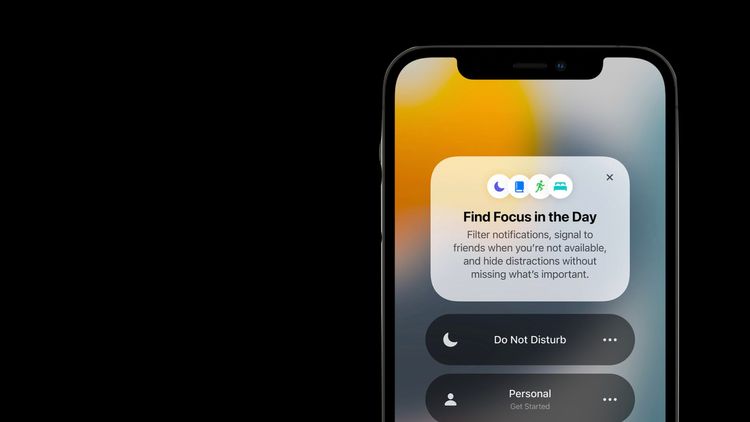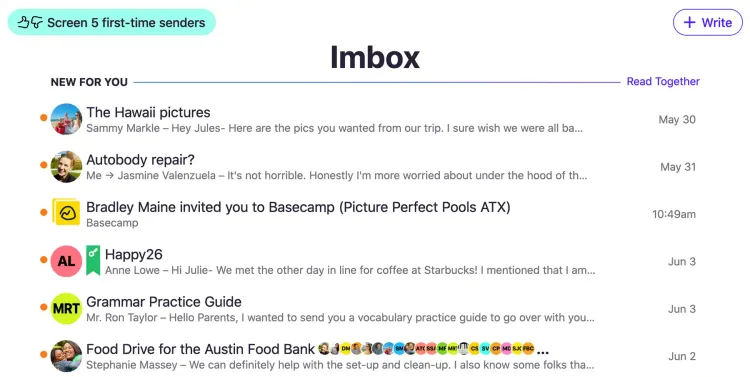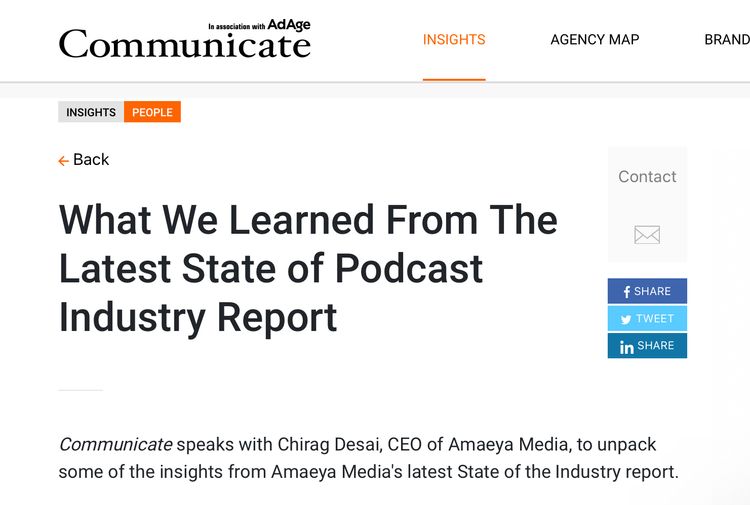The social accountability of Clubhouse

I’ve been wondering about this: why does Clubhouse prominently display who nominated you to the platform?
It’s not the first platform to grow through an invite-only model, but the fact that this is highlighted on your profile is a deliberate choice. And sure, the frantic invite searches will see renewed vigour when the Android app finally drops (2-3 months is what they’ve estimated). But the fact that it’s not even open on iOS yet leads me to think there’s more to this than just tugging at FOMO.
First, it’s the social graph. The ability to look at someone’s profile on Clubhouse and quickly go down a rabbit hole of the people directly connected to them in some way is far different from perusing a following/follower list–a new definition of six degrees of separation. And there’s an element of credibility, an implicit trust that the immediately preceding profile you’re looking up knows the person in question, specifically, their phone number.
The second thing is Clubhouse’s push to have ‘real people’ create accounts, something that’s been reiterated in their weekly town halls. As much as there is, and will be, noise on the platform, there’s something delightful about knowing you are interacting with a ‘real person’ over a faceless entity–a change from other the usual suspects.
I’m extending this thought based on something I heard recently on a podcast (surprise, surprise). Clubhouse is also ensuring two things: having your name against your account makes you inherently responsible for what you say, and harder for someone to ‘troll’ you–at least in the way that is rampant on other platforms. Christina Warren points out on The Talk Show that if a lot of spam accounts seem tied to one or two people, it’s a direct line to the source.
Your actions on Clubhouse could have an impact on the people who invited you, and maybe even on those who you might have invited. A subtle, but valid sense of accountability other platforms do not give you.



